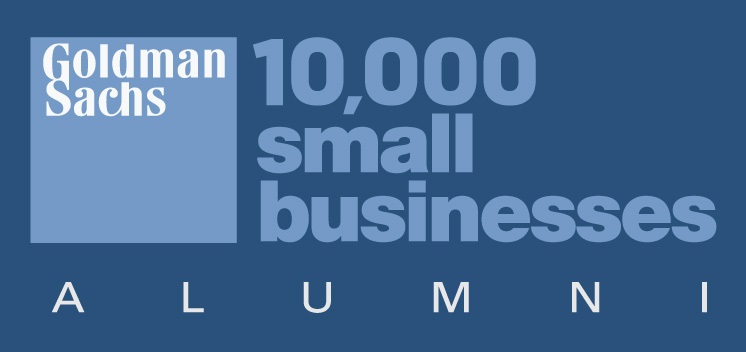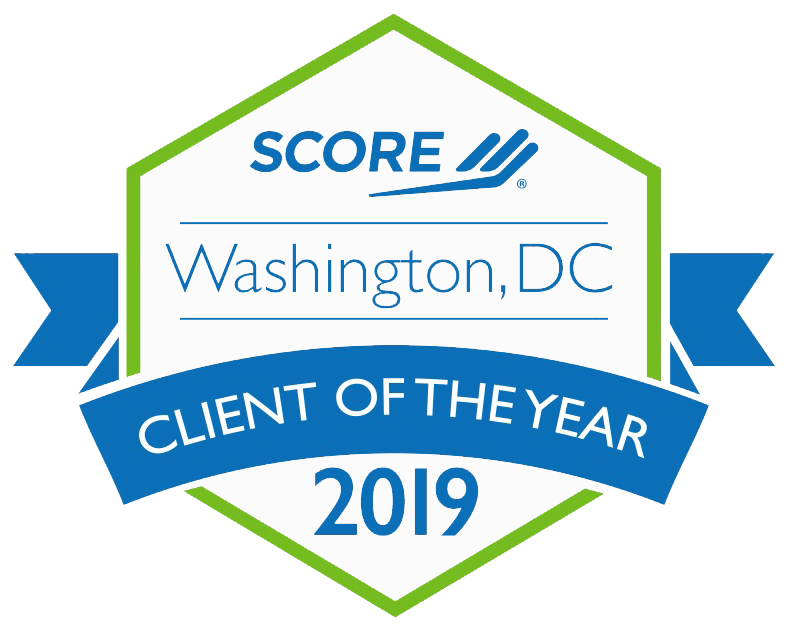As a grant professional, I realize that the majority of people outside of my industry are blissfully unaware of all the intricacies, challenges and difficulties that come with being a grant writer. You have competing deadlines, federal guidance updates and changes, and steep learning curves pertaining to grantee organizations and their programs. The preparation of a thoughtful and comprehensive grant application requires more than just a solid grasp of the English language. This is why I have decided to prepare several posts about the common misperceptions related to work as a grants professional. If you work in this field, I am certain that some of these topics will strike a familiar chord.
 As a grant writer, how often do you get asked this question, “What is your success rate?” I don’t know about you, but this question diminishes our value to a percentage. I have found that success rate does not necessarily equate to the capabilities and expertise of the grant writer. Here’s why….
As a grant writer, how often do you get asked this question, “What is your success rate?” I don’t know about you, but this question diminishes our value to a percentage. I have found that success rate does not necessarily equate to the capabilities and expertise of the grant writer. Here’s why….
- Is this a new or renewal application? If the former, the chances of success are diminished based on competition with other new and renewal funders. Some grant writers focus on new proposals.
- Does your organization have a relationship with the funding entity? It should come as no surprise that the stronger the relationship, the greater the chances of funding.
- Is the organization grant ready? If your organization does not have clear information and documentation pertaining to a strategic plan alignment to program outcomes, capacity to manage programs or projects, evaluation strategy, alignment to best practices for program implementation, and a host of other items, this can significantly impact the chances of success.
- Does your organization have resources allocated to support the grant writer? If you are stretched thin, this can hinder the level of success and ability to ensure grant readiness as outlined in #3.
- How vetted are your prospects? Do you thoroughly vet your prospects or do you base your list on a limited number of factors? You may want to focus on the planning side prior to submitting proposals, especially if the funder is not a good match.
Let’s be honest, grant writing is hard and there are no clear cut rules that should be followed. You can prepare the most comprehensive and well-written proposal, but that does not guarantee funding. If a grant writer tells you that he/she has a 30% success rate, I would not dismiss that outright. I find that it is more important to work with a grant writer that has a clear understanding of the process, has the ability to manage multiple deadlines and personalities, and can level set expectations of success. If you want an awareness of the professional qualifications for a Certified Grants Professional, check out the Grant Professionals Certification Institute’s core competencies.





